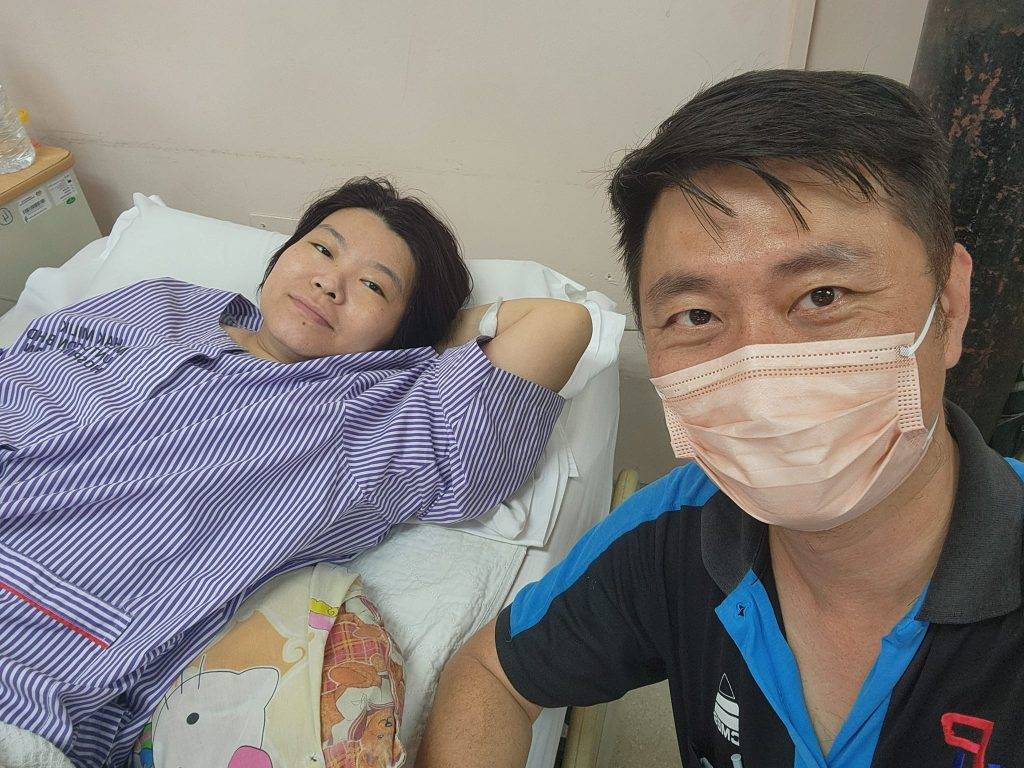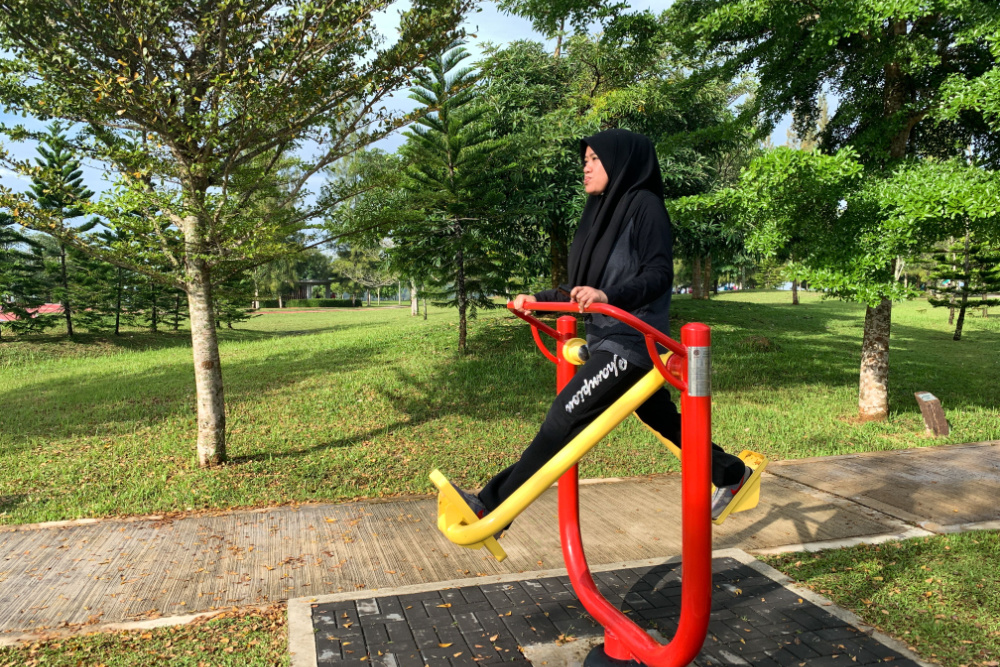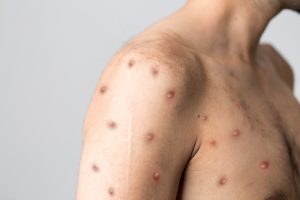We look at the top 5 most popular medical news stories across Southeast Asia this week!
#1 – Brain Surgery in Malaysia Only Costs RM258

A man, Lee Vi Hua, expressed his gratitude and amazement on Facebook over the affordable cost of his wife’s brain surgery and treatment at a government hospital in Malaysia. His wife had been suffering from severe headaches. Thereafter, she was diagnosed with a brain haemorrhage and underwent a brain coiling procedure. Initially planned at a private hospital with an estimated cost of RM150,000, her surgery was shifted to a government facility due to her contracting COVID-19. Despite initial challenges, including surgeons being on leave, the surgery was successfully conducted on January 7. Astonishingly, the total cost for the 26-day treatment and surgery amounted to only RM258. This experience has drawn attention to the high quality and accessibility of medical care in government hospitals in Malaysia.
#2 – DOH in Philippines Investigating Death Linked to Stem Cell Treatment
The Department of Health (DOH) in the Philippines is investigating a clinic in Quezon City following the death of a 39-year-old woman who reportedly experienced complications after receiving intravenous (IV) glutathione and stem cell therapy. Health Secretary Ted Herbosa highlighted that not all clinics are authorised to perform stem cell procedures. Consequently, the DOH is verifying whether the clinic in question is licensed for such treatments.
Currently, only six facilities in the Philippines are accredited by the DOH to perform human stem cell and cell-based therapies. The Food and Drug Administration (FDA) only recognises specific applications of stem cell therapy. These include hematopoietic stem cell transplantation and certain skin and corneal procedures.
#3 – Exercising Alone Better Than With Spouse: Singapore Study
A study by Nanyang Technological University, Singapore, found that older adults exercising individually achieved higher physical activity levels compared to those exercising with their spouses. The study, involving 240 participants aged 54-72, also revealed that personalised feedback from fitness trackers increased activity levels. These findings suggest promoting physical activity in older adults might be more effective when done individually. The research aligns with NTU’s focus on health and society and involves giving participants fitness trackers to monitor various health metrics. The study’s results have implications for policies encouraging active ageing, especially among seniors.
#4 – 30-baht Plus Healthcare Scheme Commences in Thailand
Thailand’s Public Health Minister, Cholnan Srikaew, expressed satisfaction with the recently launched 30-baht plus healthcare scheme. This new initiative is part of the “One Card for All” concept. It enables members of the universal healthcare card scheme, or gold card scheme, to access medical services in any hospital across Roi Et, Phrae, Phetchaburi, and Narathiwat provinces during its initial phase. 300 million baht has been allocated for this first phase. Subsequently, the programme aims to expand to additional provinces in March. The ministry is seeking 6.2 billion baht to support the scheme in the 2024 Budget Bill. Future plans include partnering with the Social Security Office to extend these benefits to Social Security Fund members. This would allow them to access any hospital using their ID cards.
#5 – Indonesia Reminds Public To Buy Official Products
The Indonesian Health Ministry has issued a reminder to the public about the importance of ensuring that health-related items, such as pharmaceutical products and medical devices, have official distribution permits. This is crucial for guaranteeing the safety and quality of these products. Eka Purnamasari, the ministry’s Director of Medical Device Supervision, emphasised that unregistered products can pose health risks and are subject to legal sanctions.
The ministry is particularly vigilant due to several medical devices being offered at lower prices. However, these products might not meet safety standards. Purnamasari advised the public to buy only registered products that have undergone evaluation by the Ministry of Health and possess a valid distribution permit.












